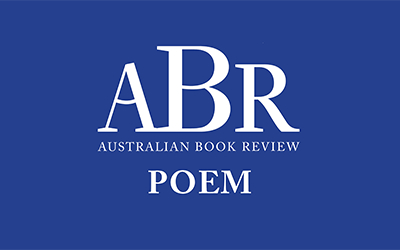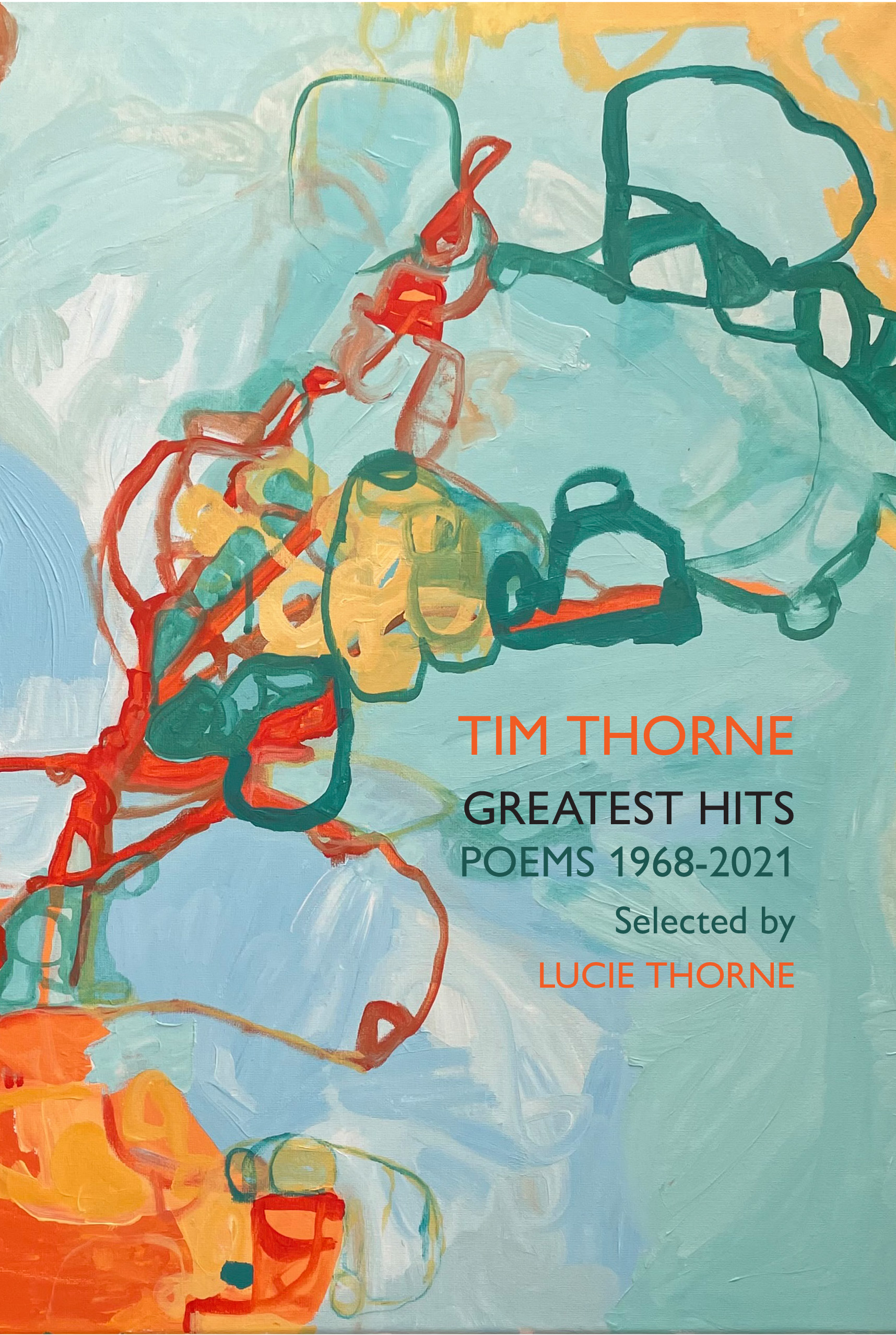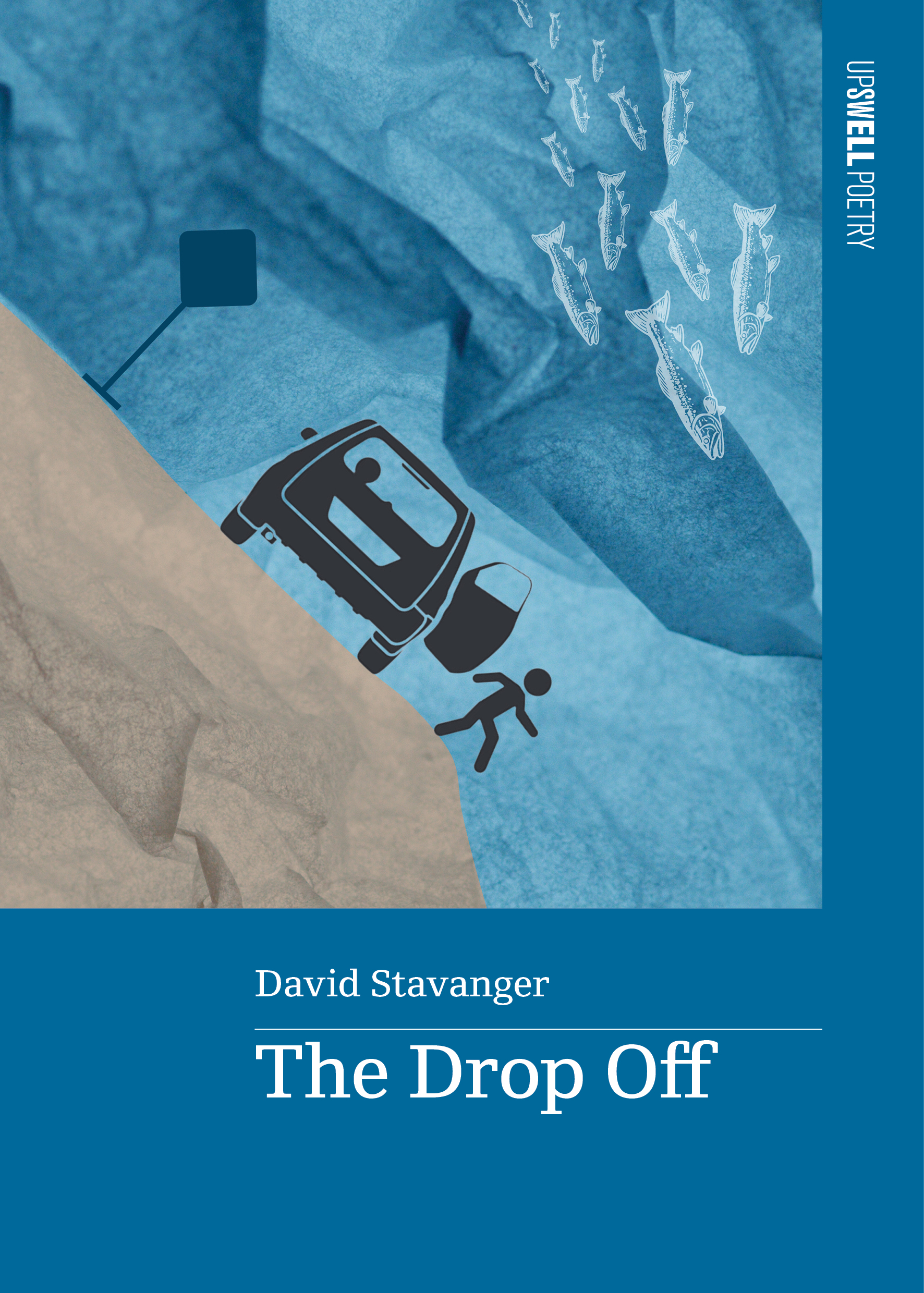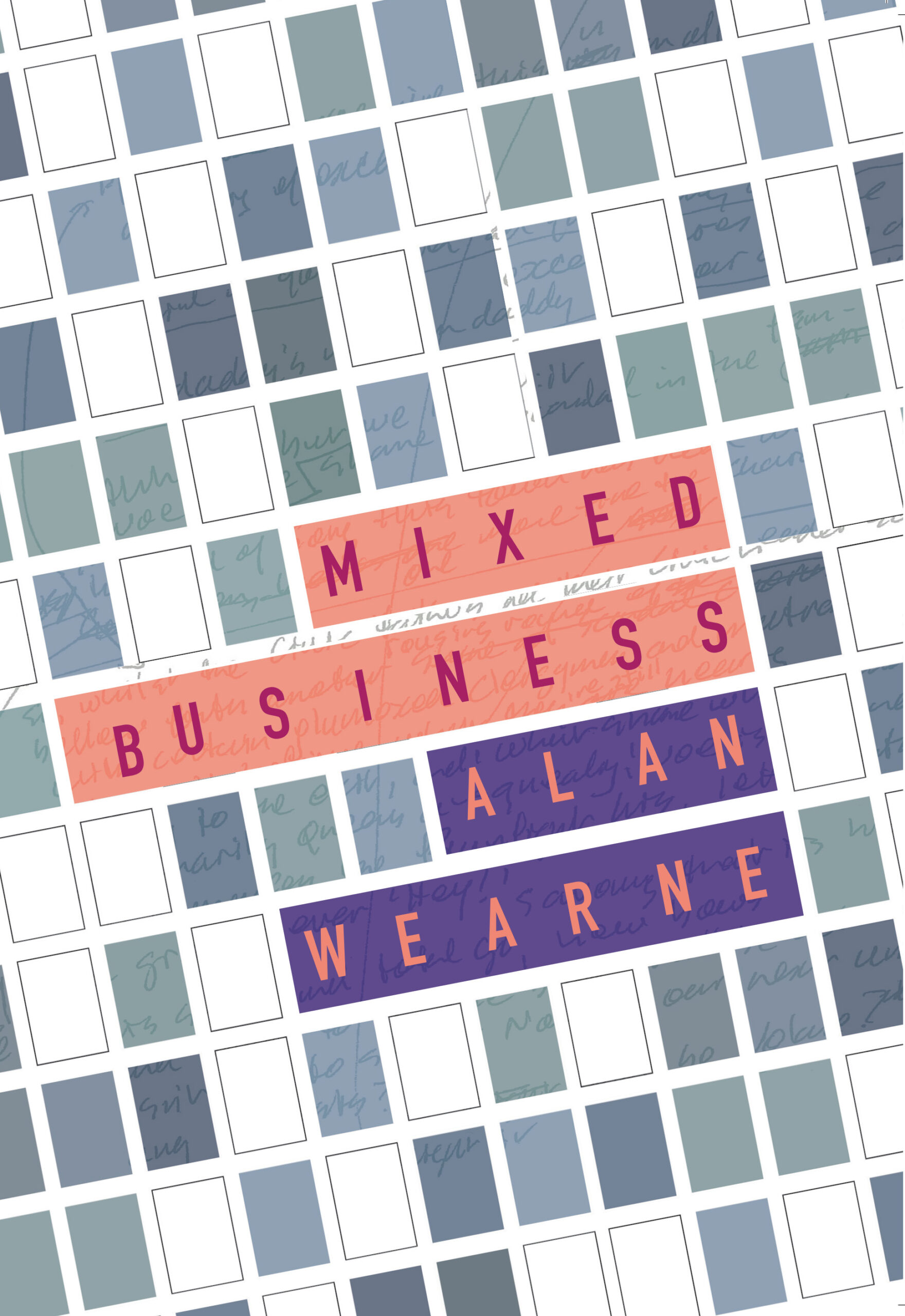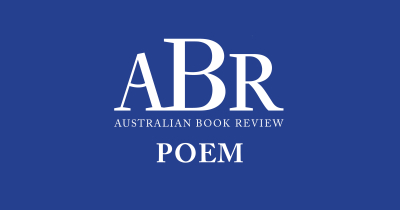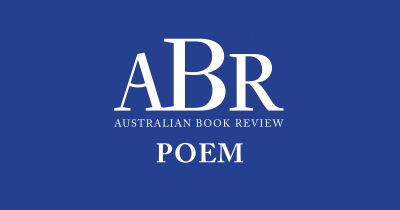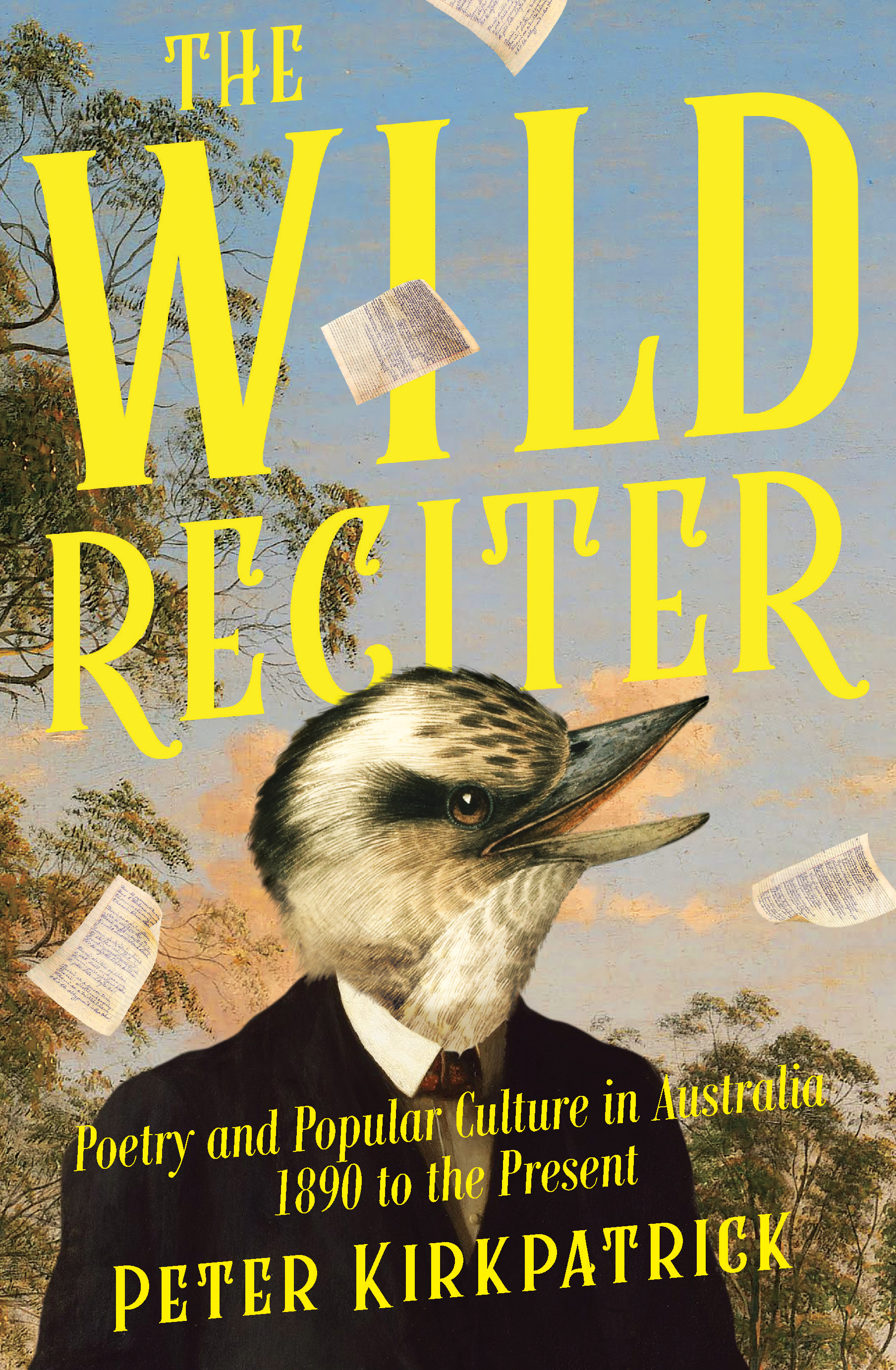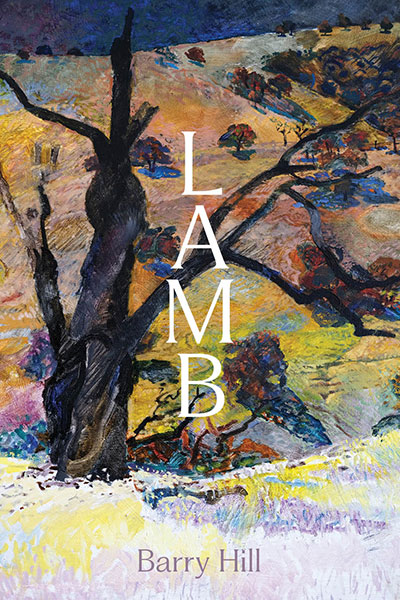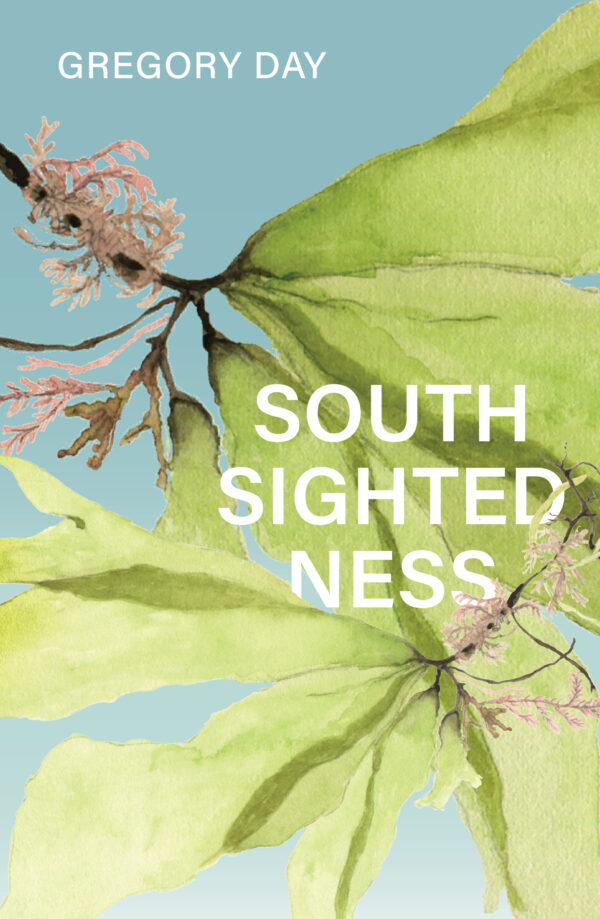Poetry
When I think of Bach, I recall powdered wigs, a dim, gilded hall, limelight burning on a stage, rouged cheeks, finely turned men’s calves in stockings. I am in the audience, I am in a box seat, I am holding a fan, but really, I am nowhere at all.
... (read more)The selected work of a long-lived poet presents the reviewer with so much to consume. A long life and career give a poet plenty of time to make their way through different styles and themes and, perhaps most importantly, to witness moments in history and shifts in culture. In this case, we have a career spanning fifty-something years and a life that ended in 2021.
... (read more)David Stavanger’s third collection of poetry, The Drop Off, disintegrates binaries and social expectations with post-structuralist fervour, occupying and exploring the liminal space of broken families, neo-liberal cultures, mental health and, of course, language. Stavanger’s poetry is both pithy and undercutting, anathematic and loving, political and personal – and often, as is the case with such duplicitous poetry, these themes express themselves simultaneously, almost co-dependently.
... (read more)For almost fifty years, Alan Wearne has been one of Australia’s pre-eminent users of dramatic monologue. Since The Nightmarkets (1986), he has also become one of our most persistent and accomplished writers of verse novels. It is a form which to many seems paradoxical (how can something be two contradictory things at once?), and yet it is undeniably capable of producing fast-moving and powerful narratives which remain vividly present in the mind.
... (read more)Red maya birds that are not
maya birds, but sparrows and munias.
Words for the kind of rain that will leave us
without power for days, then the kind that sprinkles on
After I cut your hair, running
the clippers back and forth
until the tiles are littered with tufts
like grey lint swept from the drum
The Wild Reciter: Poetry and popular culture in Australia 1890 to the present by Peter Kirkpatrick
In his 1928 collection of poems, Odd Jobs, Ernest ‘Kodak’ O’Ferrall caricatures recitation as an onerous entertainment that has passed its use by date:
... (read more)Barry Hill has written thirteen collections of poetry, including Eagerly We Burn: Selected poems 1980-2018 (Shearsman, 2019). These volumes demonstrate his interest in the natural world, Australian history, White Australia’s relationships to Indigenous and Asian cultures, and cross-cultural experiences more generally. His poetry explores politics, art and ekphrasis, literature, autobiography, and spiritual issues, including, persistently, Mahayana Buddhism and its teachings about ‘emptiness’.
... (read more)Gregory Day is best known as a prize-winning novelist, but it should not surprise his readers to learn that he has, in Southsightedness, made the move to lyric poetry. The lyrical has always figured in his work, which, as well as novels, includes essays, criticism, and music. (Indeed, poetry can be found in Day’s forays into that occult genre, the artist’s book.) Day’s lyricism is not, and has never been, the breathless kind that traffics in the precious and the inconsequential. For Day, the lyrical mode attends to language’s most powerful affective and cognitive potentialities, doing so both through the linguistic intensity of the poetic idiolect, and an engagement with the daytime domains of politics, history, and the material world.
... (read more)‘About Happiness’, the striking opening poem of Kevin Brophy’s latest collection, An Inventory of Longing, anticipates many that follow in the first half of this book. Empathy and reflectiveness are present in a melding of the individual with the social, with landscape, and with the enigmatic passage of time. The poem contains a moment, and it is timeless. It takes its readers on a walk along ‘the river’ in Paris where, at a confluence with a seamy canal, we meet a homeless man who sleeps beneath plastic sheets and shares his phone video of Sufi dancers, whose songs give him happiness and ‘can cure hunger’. ‘Meet’ is the operative word; this is not indifferent observation, but a human exchange. That only one of the parties can eventually walk away is troubling, for reader and speaker. The written poem is evidence of this. The encounter is humbling; the poem reflects deeply on the nature of happiness and, equally, suffering, in the broader context of time, which ‘slips ahead and past us, / pauseless as this river’s sleepless spinning onward happy rush’. In context, the final use of ‘happy’ becomes nuanced.
... (read more)
